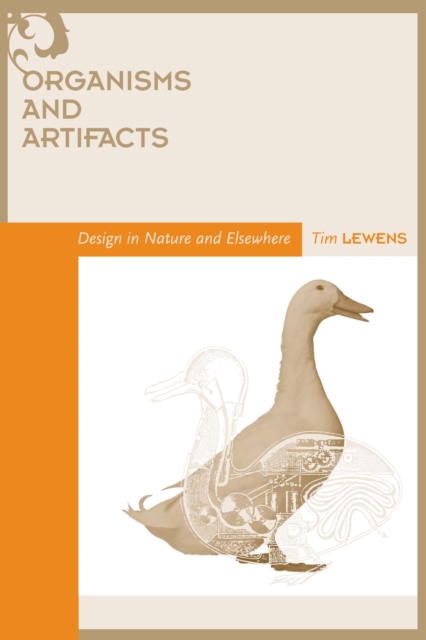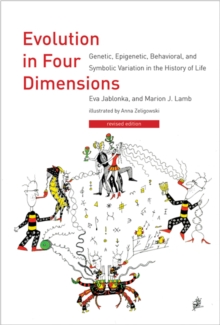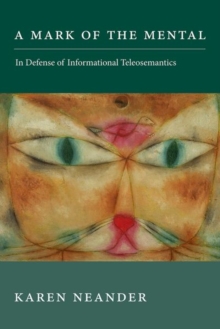
Organisms and Artifacts : Design in Nature and Elsewhere PDF
by Tim Lewens
Part of the Life and Mind: Philosophical Issues in Biology and Psychology series
Description
In Organisms and Artifacts, Tim Lewens investigates the analogical use of the language of design in evolutionary biology. Uniquely among the natural sciences, biology uses descriptive and explanatory terms more suited to artifacts than organisms. When biologists discuss, for example, the purpose of the panda's thumb and look for functional explanations for organic traits, they borrow from a vocabulary of intelligent design that Darwin's findings could have made irrelevant over a hundred years ago. Lewens argues that examining the analogy between the processes of evolution and the processes by which artifacts are created-looking at organisms as analogical artifacts-sheds light on explanations of the form of both organic and inorganic objects. He argues further that understanding the analogy is important for what it can tell us not only about biology but about technology and philosophy.
In the course of his argument, Lewens discusses issues of interest to philosophers of biology, biologists, philosophers of mind, and students of technology. These issues include the pitfalls of the design-based thinking of adaptationism, the possible conflict between selection explanations and developmental explanations, a proposed explanation of biological function, and prospects for an informative evolutionary model of technological change. Emerging from these discussions is an explanation of the use of the vocabulary of intelligence and intention in biology that does not itself draw on the ideas of intelligent design, which will be of interest in the ongoing debate over intelligent design creationism.
Information
-
Download - Immediately Available
- Format:PDF
- Pages:196 pages
- Publisher:The MIT Press
- Publication Date:12/08/2005
- Category:
- ISBN:9780262278270
Information
-
Download - Immediately Available
- Format:PDF
- Pages:196 pages
- Publisher:The MIT Press
- Publication Date:12/08/2005
- Category:
- ISBN:9780262278270










